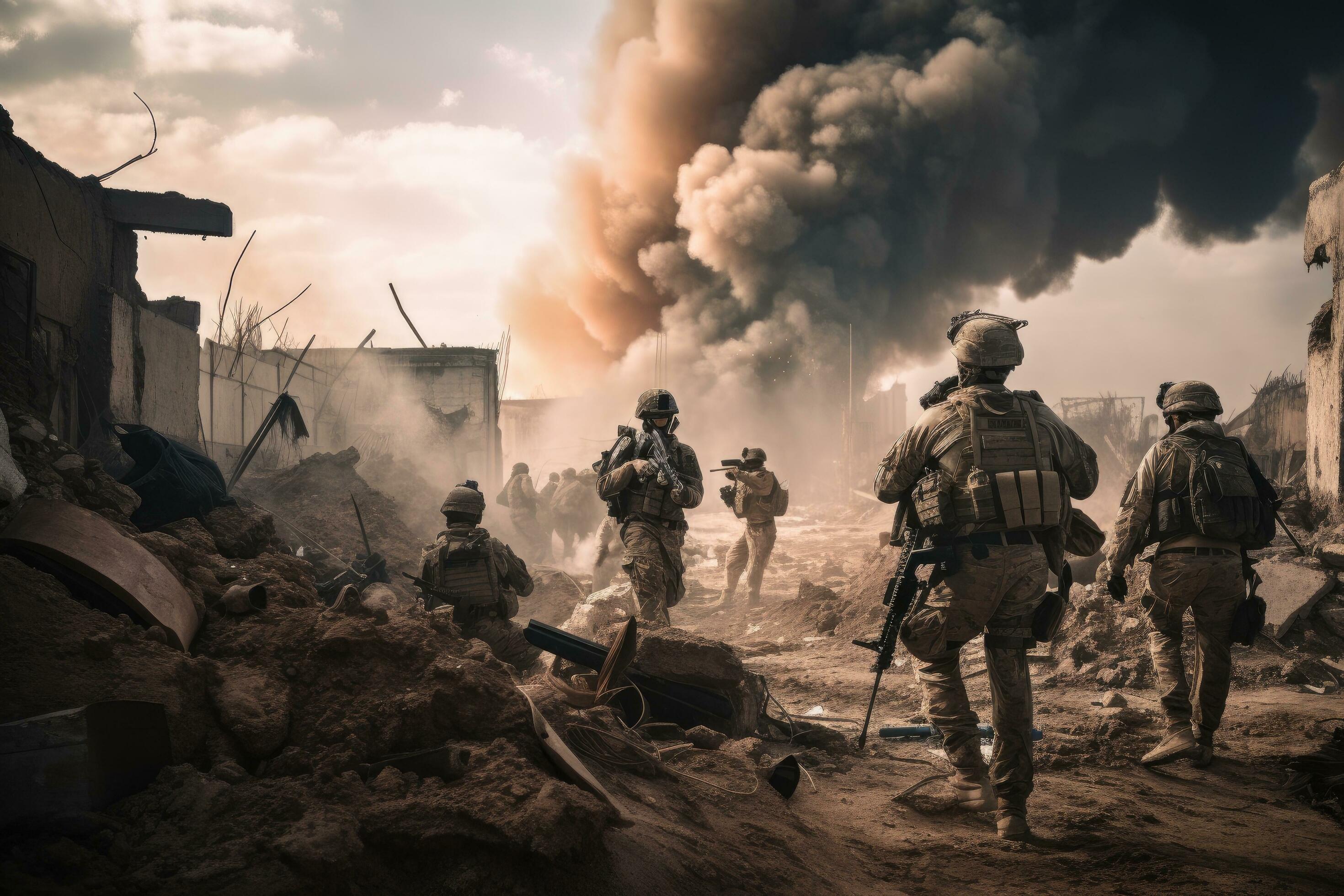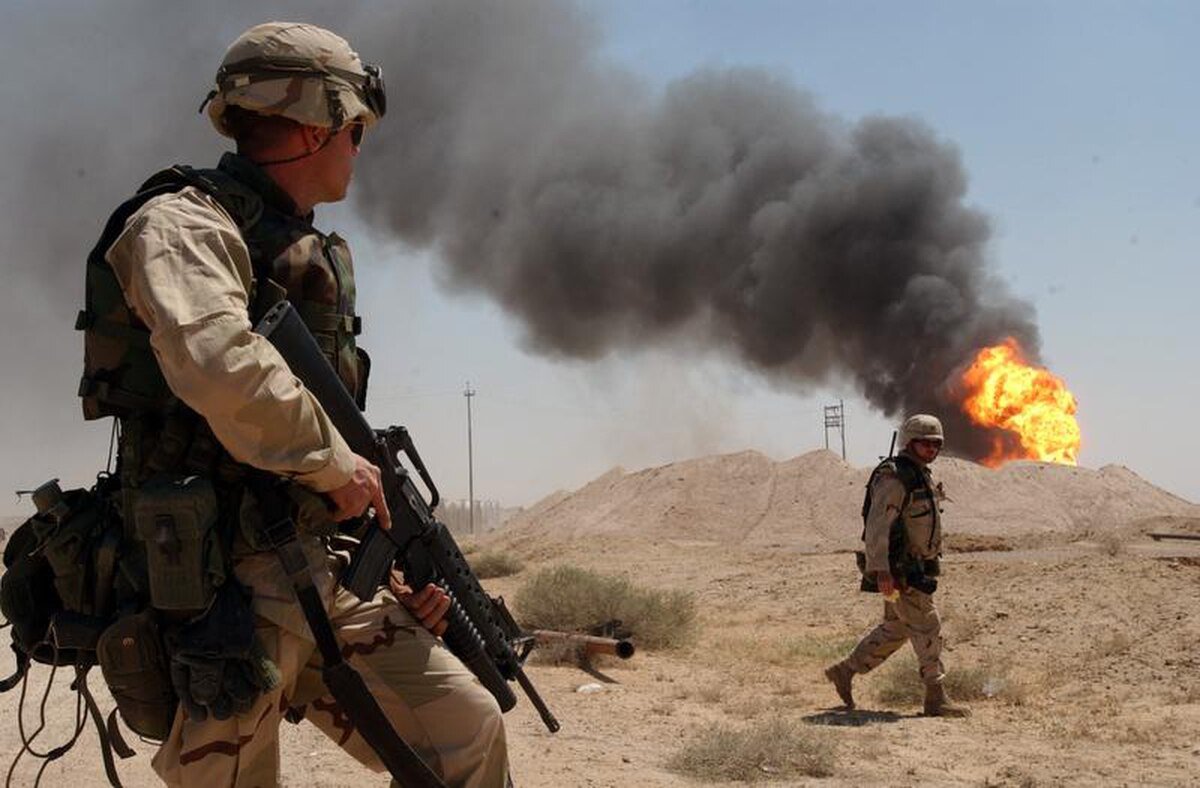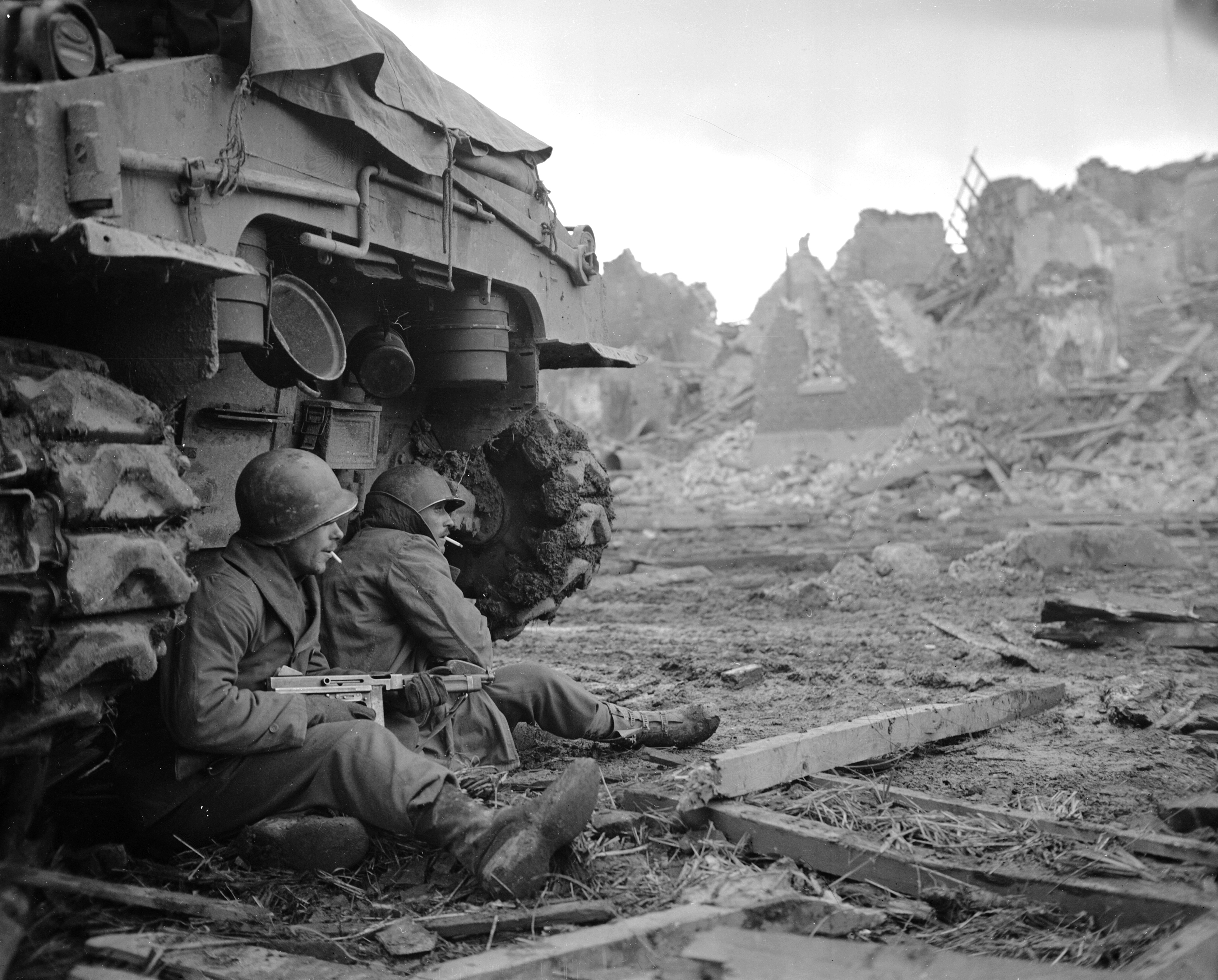What Is The War Between Israel And Iran About? Unraveling A Critical Conflict
Table of Contents
- The Sudden Onset of Direct Conflict
- A History of Hostility: From Cordial to Combative
- The Shadow War: Proxies and Regional Reach
- Iran's Nuclear Ambitions: A Central Flashpoint
- The Gaza War and Regional Spillover
- Escalation and Retaliation: A Dangerous Cycle
- Attempts at Truce and "The 12-Day War"
- The Potential for Wider Escalation
The Sudden Onset of Direct Conflict
The direct armed conflict between Iran and Israel began with startling intensity. **An armed conflict between Iran and Israel began when Israel launched surprise attacks on key military and nuclear facilities in Iran on 13 June 2025, in the midst of the Gaza war and its broader regional spillover.** This was not merely an exchange of words or a proxy skirmish; it was a direct military assault that immediately escalated the long-simmering tensions. In the opening hours of the war, Israeli air and ground forces assassinated some of Iran's prominent military leaders, nuclear scientists, and politicians. This audacious move signaled a profound shift in Israel's strategy, moving from a policy of deterrence and covert action to overt, high-impact military strikes. The immediate trigger for Iran's vowed retaliation was Israel's strike on its Syria consulate. Iran blames Israel for this strike and has vowed to retaliate, setting the stage for the direct conflict that unfolded. The swiftness and severity of Israel's initial attacks, targeting not just infrastructure but key personnel, demonstrated a clear intent to degrade Iran's capabilities and leadership. This aggressive posture was a significant departure from previous engagements, indicating a new, more confrontational phase in their rivalry.A History of Hostility: From Cordial to Combative
To truly grasp **what is the war between Israel and Iran about**, one must look back at the dramatic transformation of their relationship. Historically, relations between the two nations were not always hostile. In fact, prior to 1979, Israel and Iran maintained cordial ties, engaging in diplomatic and economic exchanges. However, Iran's 1979 Islamic Revolution transformed previously cordial relations between Iran and Israel to fierce hostility. The new Iranian regime, founded on anti-Zionist principles, immediately severed ties with Israel and adopted a foreign policy openly hostile to the Jewish state. Since then, the animosity has only deepened. The confrontations followed years of enmity between the two countries during which Iran extended its military reach in the region, directed hostility toward Israel, and built a nuclear program. This long-term strategic competition has been characterized by a constant struggle for regional influence, with both nations viewing the other as an existential threat. The ideological chasm created by the Islamic Revolution laid the groundwork for decades of indirect and, now, direct conflict.The Shadow War: Proxies and Regional Reach
Before the direct military engagements, much of the **war between Israel and Iran** was fought through proxies. Iran systematically built a network of non-state actors across the Middle East, including Hezbollah in Lebanon, various Shiite militias in Iraq and Syria, and Hamas and Islamic Jihad in Palestine. These groups serve as extensions of Iran's military and political influence, allowing Tehran to project power and exert pressure on Israel without direct confrontation. Israel, in turn, has consistently targeted these Iranian proxies and their supply lines, particularly in Syria, where Iran has established a significant military presence. This proxy conflict with Saudi Arabia has led to an informal alliance between Israel and Arab states, further complicating the regional dynamics. Many Sunni Arab states, sharing Israel's concerns about Iranian expansionism and its nuclear program, have quietly or openly aligned themselves with Israel, creating a new geopolitical alignment in the region. This informal alliance underscores the pervasive nature of Iran's regional influence and the broad-based opposition it faces, contributing significantly to **what is the war between Israel and Iran about**. The proxy battles allowed both sides to test capabilities, gather intelligence, and maintain a state of low-intensity conflict without triggering an all-out war, a delicate balance that ultimately broke down on June 13, 2025.Iran's Nuclear Ambitions: A Central Flashpoint
Central to **what is the war between Israel and Iran about** is Iran's persistent pursuit of a nuclear program. Israel views a nuclear-armed Iran as an unacceptable existential threat, vowing to prevent it by any means necessary. Iran, on the other hand, maintains its nuclear program is for peaceful purposes, though its opaque nature and past clandestine activities have fueled international suspicion. The data indicates that attacks on Iranian nuclear sites appeared to be holding, suggesting that these facilities were among the key targets of Israel's initial strikes. The fear of Iran developing nuclear weapons has been a primary driver of Israeli military and intelligence operations against Iran for years, including alleged assassinations of nuclear scientists and cyberattacks. This ongoing tension over the nuclear issue has kept the two nations on a perpetual collision course. The direct targeting of nuclear facilities in June 2025 signifies Israel's determination to neutralize this perceived threat, even at the cost of a full-scale war. This element alone provides a crucial lens through which to understand the depth and urgency of the current conflict.The Gaza War and Regional Spillover
The immediate context for the direct conflict was the ongoing Gaza war and its broader regional spillover. The intensity of the Gaza conflict, coupled with its ripple effects across the Middle East, created a highly volatile environment. As tensions flare between Israel and Iran, the longstanding rivalry between these two nations has entered a critical juncture, marked by escalating military confrontations and shifting geopolitical dynamics. The Gaza conflict, involving Hamas (an Iranian ally), naturally drew Iran into a more direct confrontation with Israel. This Q&A features insights from Amichai Magen and Abbas Milani, scholars at the Freeman Spogli Institute for International Studies, who analyze the impact of the current war on regional dynamics. Their analyses suggest that the Gaza war acted as a catalyst, pushing the regional powers beyond the threshold of proxy warfare into direct engagement. Iran's involvement, even if initially indirect, in supporting groups like Hamas, meant that any escalation in Gaza had the potential to ignite the wider region. The data explicitly states the conflict began "in the midst of the Gaza war and its broader regional spillover," highlighting the interconnectedness of these regional flashpoints.Escalation and Retaliation: A Dangerous Cycle
The current **war between Israel and Iran** is characterized by a dangerous cycle of escalation and retaliation. Following Israel's initial surprise attacks, Iran's Supreme Leader Ayatollah Ali Khamenei said Israel should anticipate a severe punishment, while its foreign minister called the strikes a declaration of war. This strong rhetoric was quickly followed by action. Both carried out missile strikes on the other, and Israel assassinated targets in Iran and Syria. This direct exchange of blows marks an unprecedented level of overt military engagement between the two nations. For days, Israel has been attacking Iran with airstrikes, which they say is an effort to degrade Iran's military capabilities. This sustained aerial campaign, coupled with Iran's retaliatory missile strikes, signifies a new phase of intense fighting. A response to Israel will, in Iran’s view, balance the equation of deterrence against Israel. This reflects Iran's strategic thinking: to ensure that Israel understands the cost of its actions and to re-establish a balance of power. However, this pursuit of deterrence risks dragging Iran into a war that it has been wary of entering since the Hamas attacks of October 7, 2023. The fear of a wider, uncontrollable conflict has been a constant concern for both sides, a fear that has now become a stark reality.Attempts at Truce and "The 12-Day War"
Despite the intensity of the conflict, there have been attempts to de-escalate. Since Sunday, Israel and Iran have lurched from escalating war to fragile ceasefire. This suggests a period of intense fighting followed by efforts, likely through international mediation, to halt the hostilities. A truce seems to be holding, and what US President Donald Trump called “the 12-day war” between Israel and Iran came to a temporary halt. This indicates a concentrated period of direct conflict, followed by a precarious pause. ### A Shaky Ceasefire and Its Fragility A shaky truce between Israel and Iran, announced after U.S. intervention, appeared to be holding. The term "shaky" is crucial, emphasizing the fragility of any agreement in such a deeply entrenched conflict. Even with a ceasefire in place, the underlying tensions and strategic objectives of both nations remain. The cessation of active hostilities does not mean an end to the rivalry, but merely a pause in the direct military confrontation. The very nature of **what is the war between Israel and Iran about** suggests that such truces are often temporary respites rather than lasting solutions. ### The Role of International Mediation The mention of U.S. intervention in announcing the truce highlights the critical role of international diplomacy in managing this crisis. Major global powers, particularly the United States, have a vested interest in preventing the conflict from spiraling out of control. Their diplomatic efforts are essential in brokering ceasefires and attempting to establish channels for de-escalation, even if the fundamental grievances between Iran and Israel remain unresolved. The international community understands that this is a historic night, as we are closer than ever to a direct war between Israel and Iran that can spill over to a regional war.The Potential for Wider Escalation
The most significant concern arising from the direct **war between Israel and Iran** is the potential for wider regional and even global escalation. This newest war in the region, this time between Israel and Iran, has once again put millions of people in the crossfire of a conflict that they want nothing to do with. The ripple effects of such a conflict extend far beyond the immediate combatants, threatening regional stability and global energy markets. ### The United States' Intervention The United States has a complex relationship with both Israel and Iran. As a staunch ally of Israel, the U.S. is often drawn into regional conflicts involving the Jewish state. Q&A: How war between Iran and Israel could escalate—and drag in the United States? A conversation with Daniel B. Shapiro, suggests the significant risk of the U.S. being pulled into the direct conflict. Here’s what to know about the conflict between Israel and Iran, and the United States' intervention. The U.S. has a substantial military presence in the region and strategic interests that would be severely impacted by a full-scale regional war. Any Iranian retaliation may involve attacks not just on Israeli and U.S. assets but allies and oil installations in the Persian Gulf, further complicating the U.S. position and increasing the likelihood of direct involvement. ### Impact on Regional Alliances and Oil Installations The conflict has already reshaped regional alliances. Iran's proxy conflict with Saudi Arabia has led to an informal alliance between Israel and Arab states, creating a new geopolitical alignment. A full-blown war would test these new alliances and potentially force nations to take sides, further polarizing the region. Furthermore, attacks on oil installations in the Persian Gulf, a vital artery for global energy supplies, would have catastrophic economic consequences worldwide. The strategic importance of the region's energy infrastructure means that any widespread conflict involving Iran poses a direct threat to global economic stability. The implications of **what is the war between Israel and Iran about** thus extend far beyond their borders, affecting international relations, global economies, and the lives of millions.Conclusion
The direct **war between Israel and Iran** represents a dangerous culmination of decades of animosity, strategic competition, and ideological conflict. What began with Israel's surprise attacks on June 13, 2025, quickly escalated into a full-scale confrontation, marked by missile strikes, assassinations, and a fierce exchange of blows. The historical transformation of their relationship from cordiality to fierce hostility, driven by Iran's Islamic Revolution and its subsequent regional expansion, laid the groundwork for this conflict. The shadow war fought through proxies, coupled with Israel's unwavering determination to prevent a nuclear Iran, ensured that a direct confrontation was always a looming possibility. The ongoing Gaza war served as the immediate catalyst, pushing the long-simmering tensions past the breaking point. While a shaky truce has temporarily halted the most intense fighting, the underlying issues that define **what is the war between Israel and Iran about** remain unresolved. The potential for wider regional escalation, drawing in the United States and impacting global energy supplies, underscores the critical importance of understanding this complex conflict. This war is a stark reminder of the volatile nature of the Middle East and the devastating consequences when long-standing rivalries erupt into direct military action. As events continue to unfold, staying informed about the nuances of this conflict is more crucial than ever. *What are your thoughts on the implications of this conflict for regional stability? Share your insights in the comments below, and don't forget to explore our other articles on Middle Eastern geopolitics for more in-depth analysis.*- Jazzon Rule 34
- Sophie Rain Onlyfans Spiderman
- Sophiakateok Leaked
- Kelly Wells Retired
- Camilla Araujo Nude Leaks

War Concept. Military fighting scene on war sky background, Soldiers

Remembering the First Gulf War - Progressive.org

The War: A Deadly Calling | Alaska Public Media